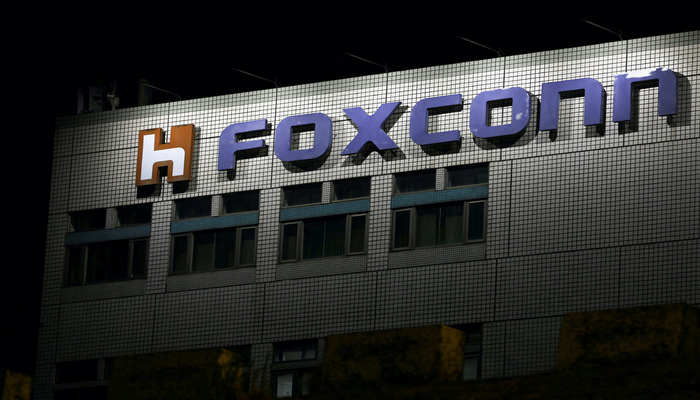Inclement weather, marked by heavy rains and the threat of Cyclone Michaung, has led Taiwan-based Foxconn and Pegatron to suspend production of Apple iPhones at their factories in the southern Indian city of Chennai. The intense rainfall disrupted normal operations, leading to flooding in Chennai, a significant electronics and manufacturing hub. The extreme weather conditions not only impacted the production facilities but also caused chaos in the city, including the shutdown of the airport.
Foxconn, a major player in the electronics manufacturing industry, employs approximately 35,000 individuals at its iPhone manufacturing facility in Tamil Nadu. As the weather conditions persist, the company has not yet made a decision on when to resume production. The halt in operations has raised concerns about potential delays in iPhone production and supply chain disruptions.
India has become a key focus for Foxconn, which has strategically expanded its manufacturing presence in the country. This move aligns with Apple’s broader strategy of diversifying its production locations and reducing dependence on China. The recent quarterly data from Counterpoint Research revealed that Apple achieved its highest-ever iPhone shipments in India, exceeding 2.5 million units in the quarter ending September.

The decision to temporarily suspend iPhone production in India due to adverse weather conditions underscores the vulnerability of global supply chains to environmental factors. Climate-related disruptions, such as extreme weather events, can have a cascading impact on various industries, affecting production schedules and logistics.
Pegatron, another Taiwanese company involved in iPhone assembly, has faced a similar predicament. This marks the second instance in recent months where Pegatron had to halt its factory operations. In September, a fire incident had compelled the company to temporarily stop assembling iPhones.
The disruptions caused by natural disasters highlight the need for companies to reassess their supply chain resilience and risk mitigation strategies. The unpredictability of weather events, exacerbated by climate change, poses challenges to the seamless functioning of global supply networks.
Apple, Foxconn, and Pegatron have not provided detailed comments on the specific impact of the production halt or the potential timeline for resuming operations. The situation underscores the broader discussions within the business community about the importance of climate resilience and the incorporation of environmental risk factors into supply chain management.
As extreme weather events become more frequent and severe, businesses across industries will likely face increased scrutiny and pressure to adapt their operations to the challenges posed by climate change. This includes developing strategies to address vulnerabilities in the supply chain, ensuring business continuity, and minimizing the environmental footprint of manufacturing processes.





